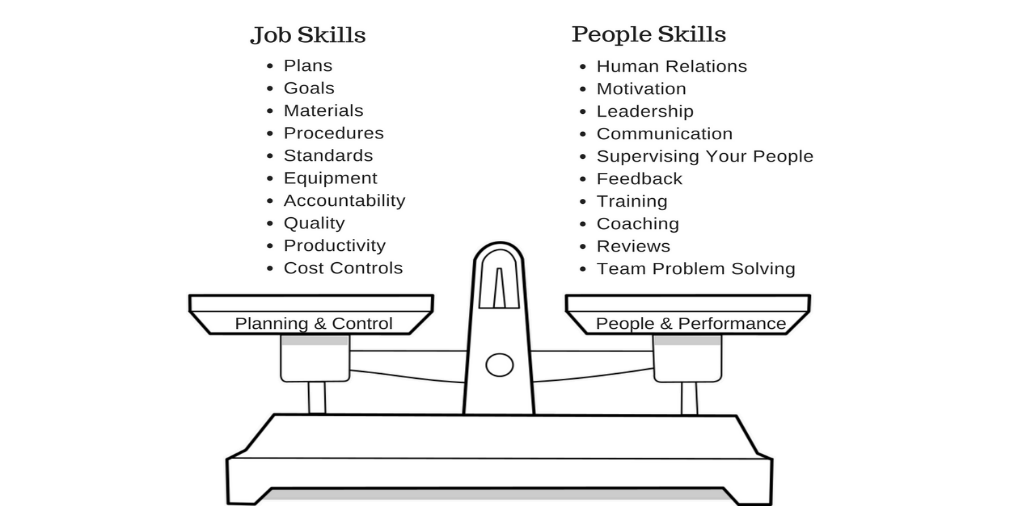The importance of planning for a manager goes without saying. Managers need to strike a balance between job skills and people skills. Planning is a job skill that is essential for managers to both master and devote adequate time.
Planning includes staying abreast of trends, analyzing market conditions, reviewing statistics and various key performance indicators amongst other things.
Personally, when I became a manager I didn’t really know how to plan. I had been a salesman and although planning is an important part of a sales role, I tended to be more action oriented and thus spent my time chasing business. I could’ve been more effective as a salesperson if I would’ve planned better. As a manager, I continued the same way until I realized that it wasn’t okay working and I needed to learn better planning skills.

Approach to Planning
There are different ways a manager can approach planning. He can do most of it himself and communicate his plans to his team members so they can be aware of what is expected of them relative to the plan. This is a top-down approach where the manager makes most of the decisions and the employees act according.
Another way is to seek the input of team members and then combine that with the information the manager may have collected to formulate his plans. He then would communicate his plan to the employees.
Employee Participation
For managers who want to stimulate teamwork, engage and empower employees, a participative approach is best. This style of leadership has employees highly involved in the planning process including researching, analyzing, problem solving and discussions.
The challenge of this approach for managers is time, training and resources. Employees would need the time away from their basic tasks to do whatever research is required and attend meetings for discussion. Essentially this approach means delegating some of the management responsibilities to team members. Training people on some of these responsibilities is required and does take time. But in the long run this approach would be highly effective in terms of building autonomous teams, employee engagement and performance.
Take Stock
It’s important to assess your situation to determine how you can improve your planning skills. Knowing your strengths and weaknesses of planning for a manager is essential. Do you find yourself lacking time to plan because you are addressing day-to-day problems? This is a common situation and often hard to resolve because the cause stems back to planning itself and not having taken the time to prevent the day-to-day problems that keep arising.
How aware are you of different styles of leadership and how they affect teamwork, employee engagement and performance? What is your current style of leadership? What can you do to have employees participate more in the planning process?
These are just some questions that you can answer and develop a plan to improve your planning skills and involve employees in the process. Thus, you will improve your planning skills and engagement and performance of employees at the same time. It’s worth the effort!